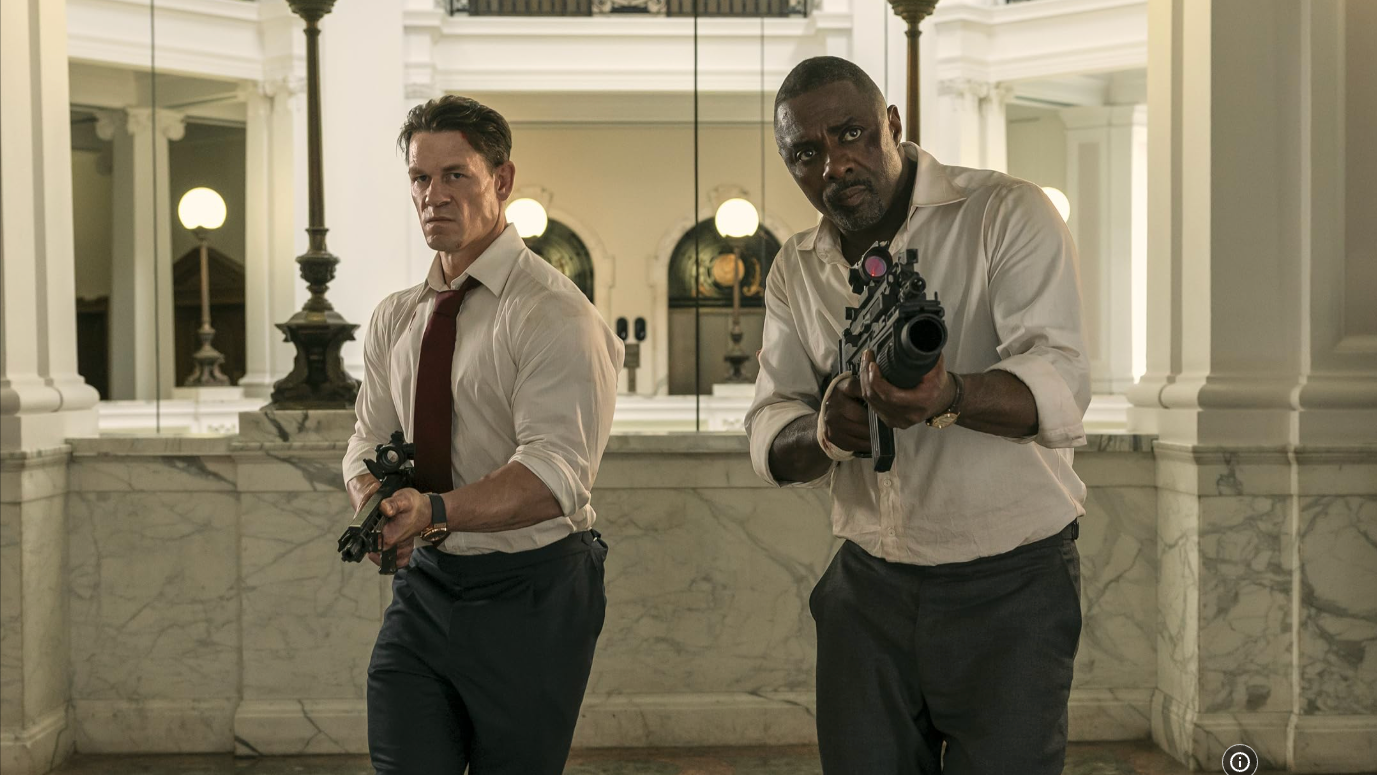‘The Gospel of the Beast’ REVIEW: What happens when you cage an innocent puppy
‘The Gospel of the Beast’ REVIEW: What happens when you cage an innocent puppy
Mateo (Jansen Magpusao) in The Gospel of the Beast | Taken from the official trailer
Sheron R. Dayoc’s The Gospel of the Beast is a coming-of-age drama following a teenager who is forced to move into a drug-ridden town after the death of his father, where he then lives with his uncle who is a leader of a local gang that frequently resorts to crime in order to make ends meet. With this plot, Mateo (Jansen Magpusao) isn’t just struggling to accept Uncle Berto (Ronnie Lazaro) as a father figure but also struggling to accept the gang as his new family — contrasting from most stories which often depict gangs with strong familial bonds.
While pieces of gruesomeness are scattered throughout the film, it’s less about violence but more about the constraints set by poverty. These constraints are mostly intangible, such as how economic conditions influence the human conscience in choosing what is right from wrong, and how that inevitably omits the right to choice, especially when doing what’s essential for survival also means doing what’s considered unlawful.
The film also touches the surface of the debate on whether economic conditions are valid excuses for crimes and contextualizes the present quite well, but never really provides a clear stance on the issue to make a strong enough impact unlike its previous classics which tackle similar themes.
However, what I did really like about this film is how it tells a coming-of-age story in such a stylistic fashion. The theme of poverty stripping a teenager of his youth becomes a strong metaphor for the chips placed on the shoulders of impoverished and low-income household kids — having to help their families make ends meet despite being so young, just to put food on their tables. This is evident with Mateo as he’s introduced to us while he slaughters pigs for some cash, then attends high school classes later on as if his homelife isn’t in turmoil.
Ultimately, by the time it opened Cinemalaya 2024, the elements of the story were already relatively familiar to the local festival audience, especially as it draws inspiration from classics like Lino Brocka’s Insiang, but doesn’t really offer anything outstanding considering what we know from the drug and crime-ridden depictions of the country from stories like Ishmael Bernal’s Manila by Night and other classics from the Second Golden Age of Philippine Cinema.
While its knife doesn’t cut as deep as it should’ve in terms of messaging, the theme and intention of the film are very clear — that economic instability creates beasts that can’t be tamed, whether the taming be done by themselves or by the government, because those in positions of power decided to cage an innocent puppy instead of giving it the right to freedom.
The Gospel of the Beast premiered at the 20th Cinemalaya Independent Film Festival as its opening film.














